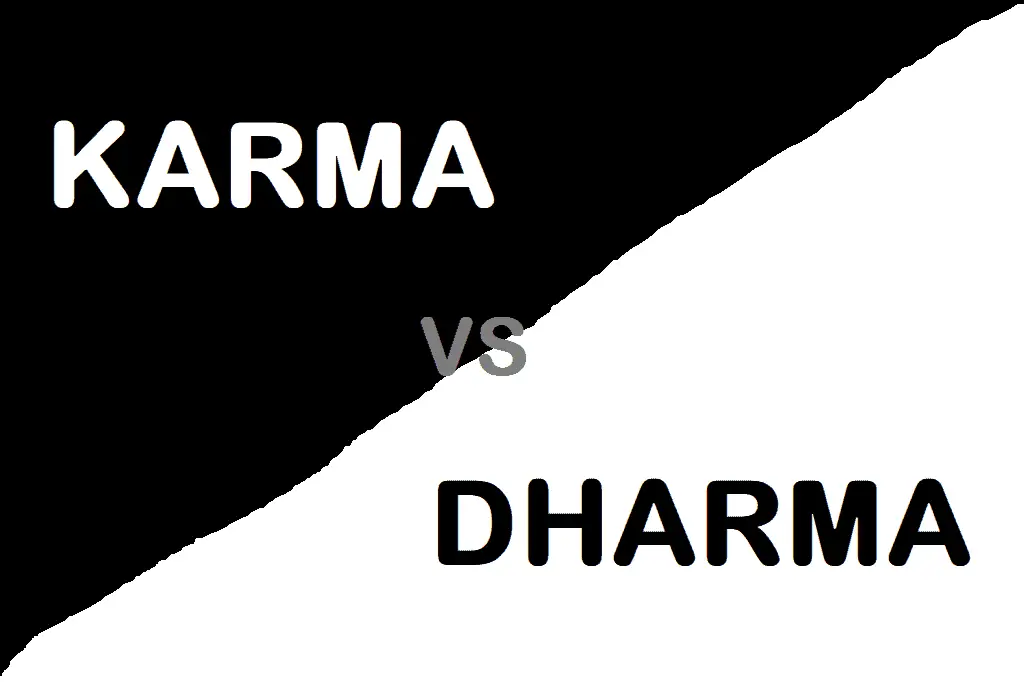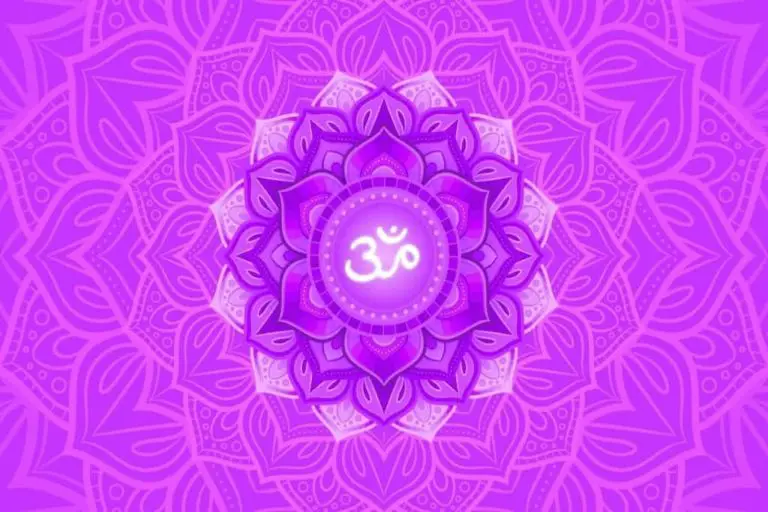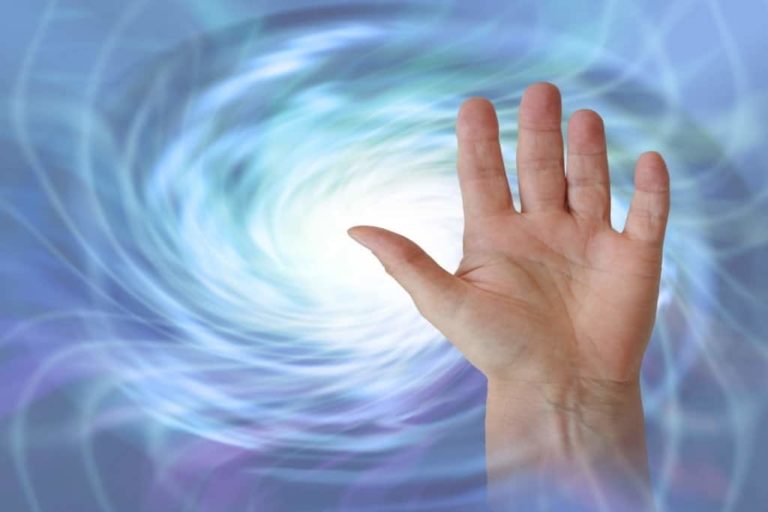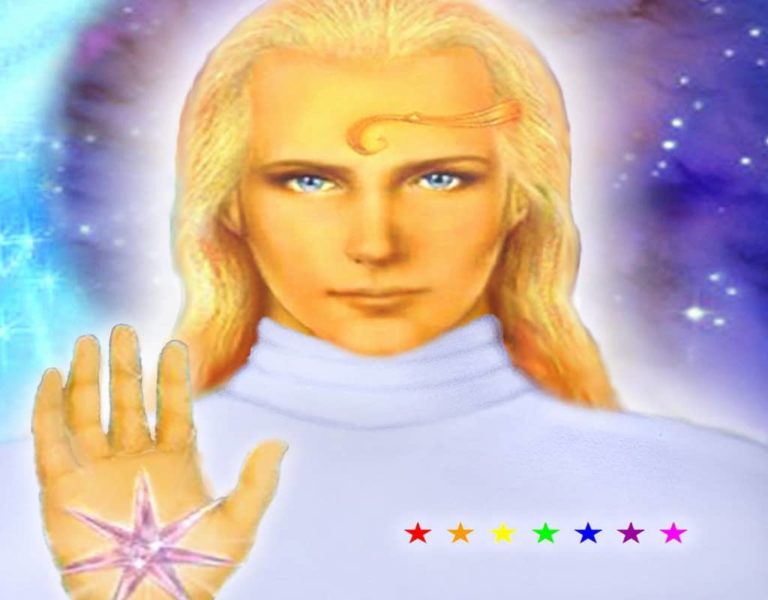Karma vs Dharma – What’s The Difference?
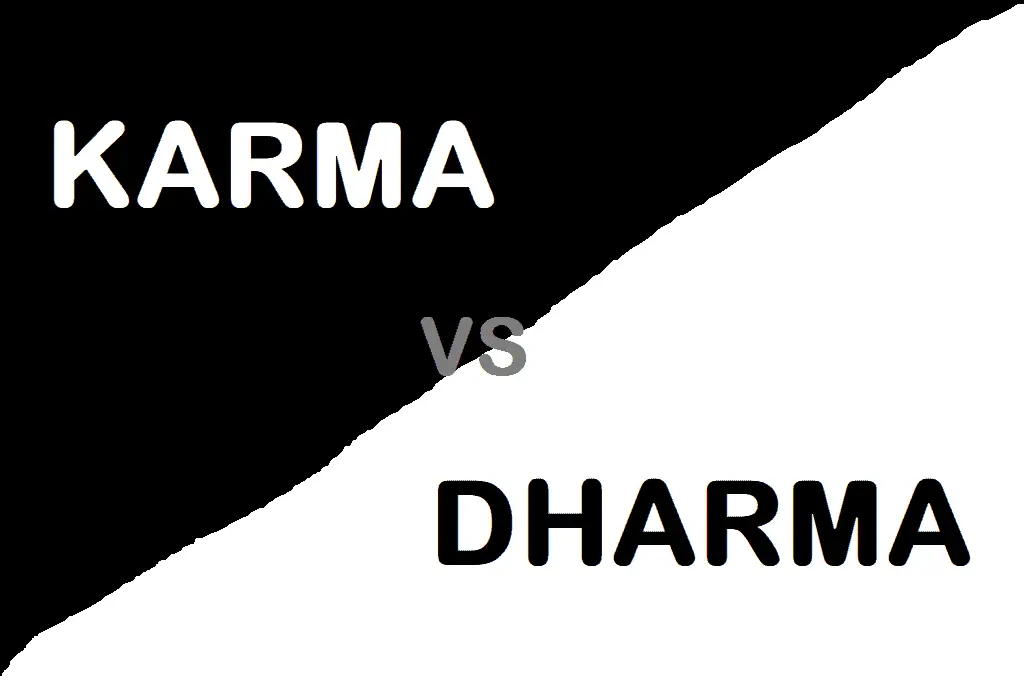
You have likely heard the saying ‘You reap what you sow’ and this could not be more fitting when we talk about karma and dharma. In all religions around the world, men and women are expected to treat others with kindness and, at some point in the future, will be rewarded for doing so.
This concept is no different in the religions of India, particularly Hinduism, from which the idea of karma and dharma first originated.
However, whilst we hear a lot about karma in our day to day lives, it is not often that we hear about dharma, and therein lies some confusion – are they the same thing? Are they related? Is there a difference between the two?
In this article, we will answer these questions and delve into the concept of karma and dharma a little more deeply,
Table of Contents
What Are Karma And Dharma?
When we talk about karma, we are referring to a law of cause and effect that derives from the Hindu religion. Karma is a word which translates to mean deed or human action and this gives us a basic explanation as to what it is.
Karma causes each of us to be held accountable for our actions and the effect that these actions have. The God, Bhagwan, who is thought of as one of the supreme high Gods of the religion is responsible for handing out rewards and punishments in accordance with our actions here on earth.
No matter what we are doing – physically, emotionally and mentally, we are always performing karmas and these relate to any consequences we experience, no matter whether these are good or bad.
The Hindus believe that nothing in our lives happens by chance and that everything happens for a reason, we may not always know what this reason is – we may even think it to be unjust or unfair but everything will come clear at some point.
When we perform good karma, we are rewarded with emotions such as happiness but when we perform bad karma, we are punished with suffering and misery – this may be in the next life or our present one. As a result of this, you could say that we ‘make our own luck‘ or ‘create our own destiny‘.
Dharma, on the other hand, is not an action but rather the very foundation of our existence, of life itself. Dharma is a combination of spiritual discipline and moral law that is used to guide our lives.
When we translate the word Dharma from Sanskrit to English, we get the phrase ‘that which holds’ in other words, Hindus believe that without dharma, humans are unable to exist.
Additionally, dharma encompasses religion, righteousness, duty, morality and responsibility as well as honesty, peace and brahmacharya, meaning celibacy.
Dharma is thought to be able to bring us closer to the supreme God, Bhagwan and offers us a set of rules or conduct to live by as a way of giving us a chance at eternal happiness across all of our lives. When we practise Dharma, we are able to live happy, fulfilled and peaceful lives.
How Are Karma And Dharma Linked?
Now that we understand the meaning of karma and dharma, it becomes clear how they are linked to one another. If we practise Dharma, our karmas will be good, however, if we do not practise Dharma, our karmas will be bad and result in negative consequences.
It, therefore, makes sense for us to live our lives with dharma and revel in the joy and bliss that good karma can bring us.
Types Of Karma And Dharma
As we live our lives following Dharma and performing karmas, we are acting these out in various ways, and, as a result, there are three different types of karma within Hindu Dharma. Let’s take a closer look at these.
- Sanchit karma is the overall sum of all of your karmas that have accumulated over each of your lives – both this one and any you have lived in the past. The consequences of sanchit karmas are either yet to be experienced or are being experienced right now.
- Kriyaman karmas are those which you are acquiring each moment you are alive. You will experience the consequences of these in a future life or perhaps in the one you are currently living.
- Prarabdha karmas are those which are being experienced in this life but are a smaller part of your sanchit karma. A good way to look at this is that any physical or mental traits or limitations are a result of your prarabdha karmas.
In addition to there being different types of karma, each karma is known to be performed in different ways, of which, there are two.
The first way of performing karma is known as nishkam karma and this is when we complete actions but have no expectation of any gain from them – you might refer to these as selfless actions. The main reason that people perform this type of karma is as a way of pleasing God.
Secondly, there is sakam karma, which is the opposite in that people perform this type of karma as a way of obtaining a positive consequence such as material gain or positive emotions.
When it comes to the Hindu religion, followers are taught that it is always preferable to perform nishkam karmas as this allows us to grow closer to God and find true contentment.
Conclusion
Whilst Dharma and karma may sound alike and are related to one another, they are not the same thing. Dharma is the foundation of morals on which you build your life. You might think of it as your life’s duty.
In contrast, karma refers to our daily actions, whether emotional. physical or otherwise and each of these actions will bring about consequences, whether they are negative or positive will depend on the action itself.
Aside from the actions themselves, there are sub-categories of karma relating to whether we expect to get anything from our actions or not.
There are also different types of karma, those that have accumulated over all of our lives and those that we obtain within this life as well as the consequences that are being lived out as a result of our actions.
It pays to follow your dharma and, as a result, earn good karma that can be experienced over the course of many lives and, what’s more, can bring us closer to God and strengthen your bond with Him.

